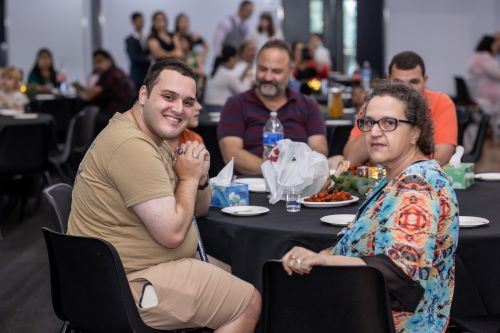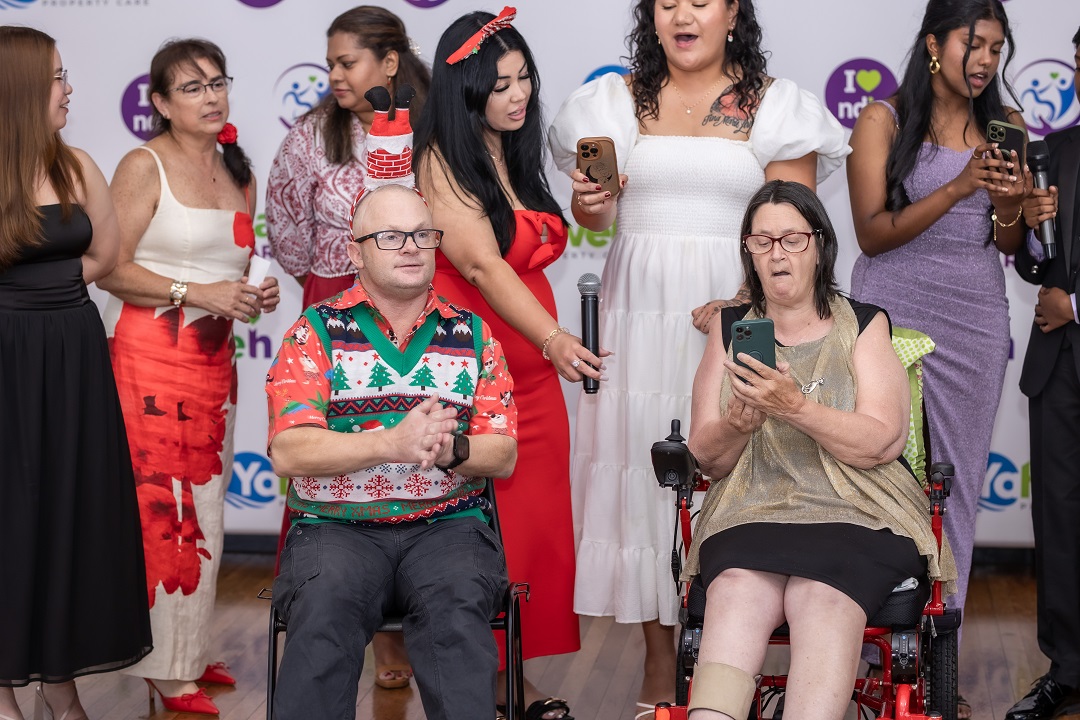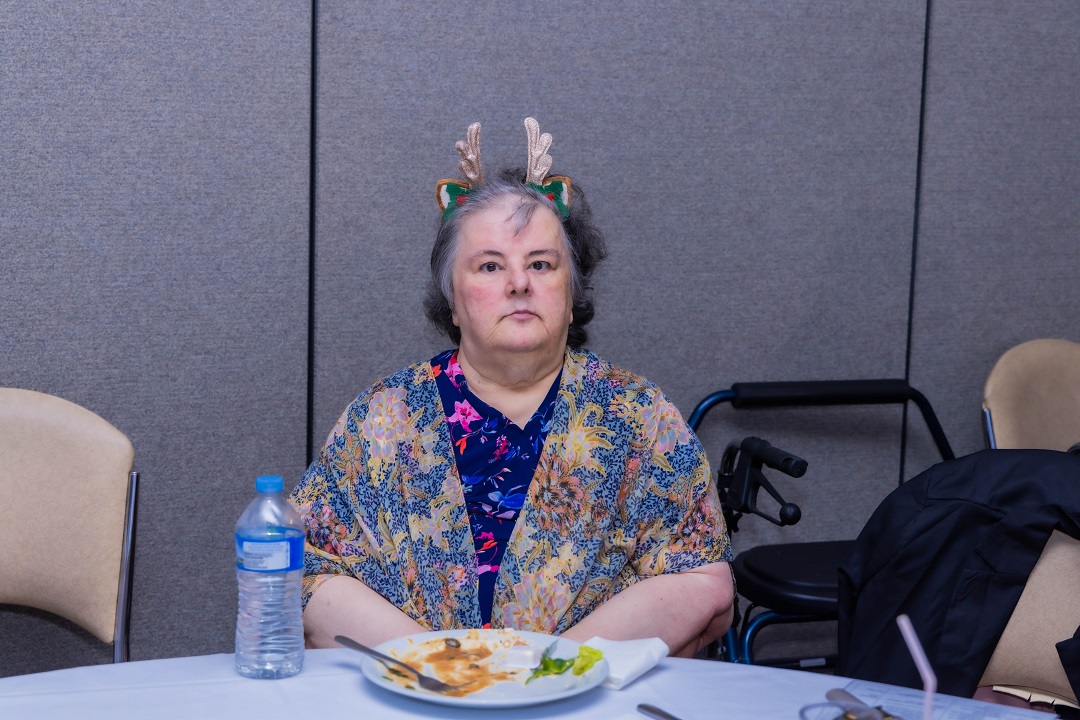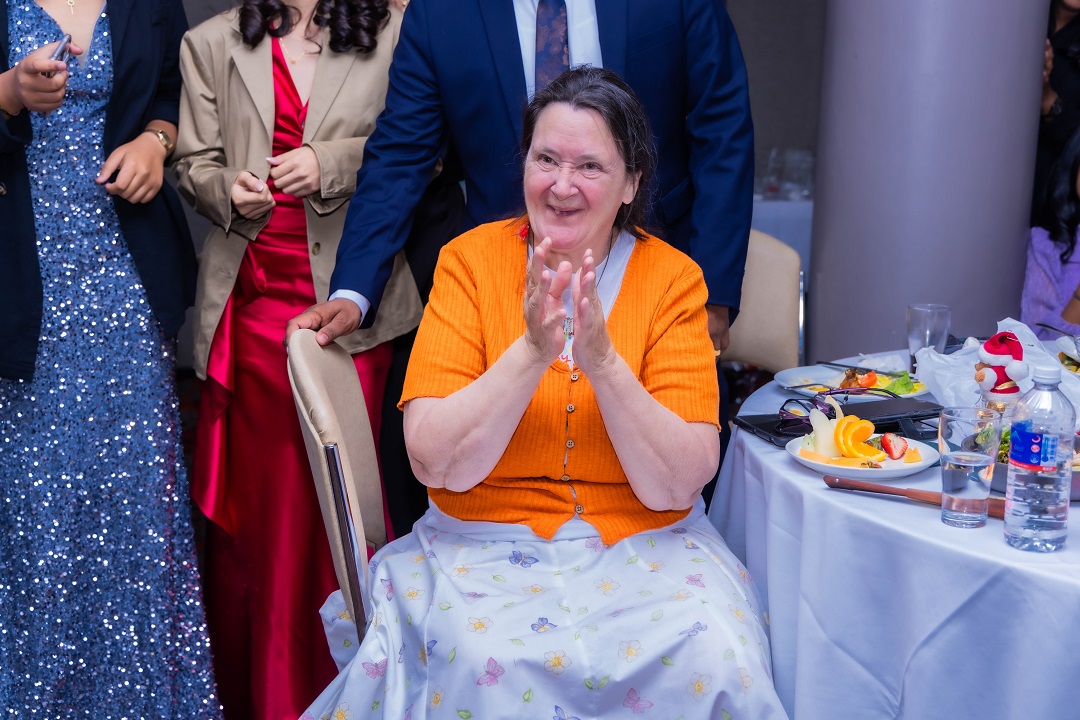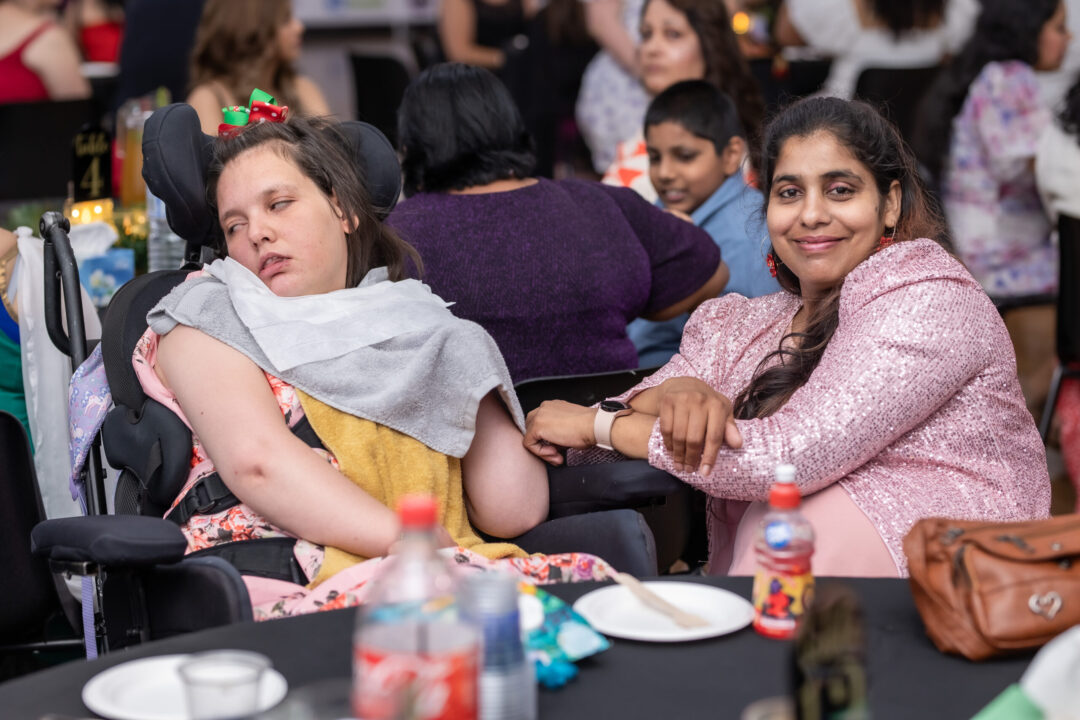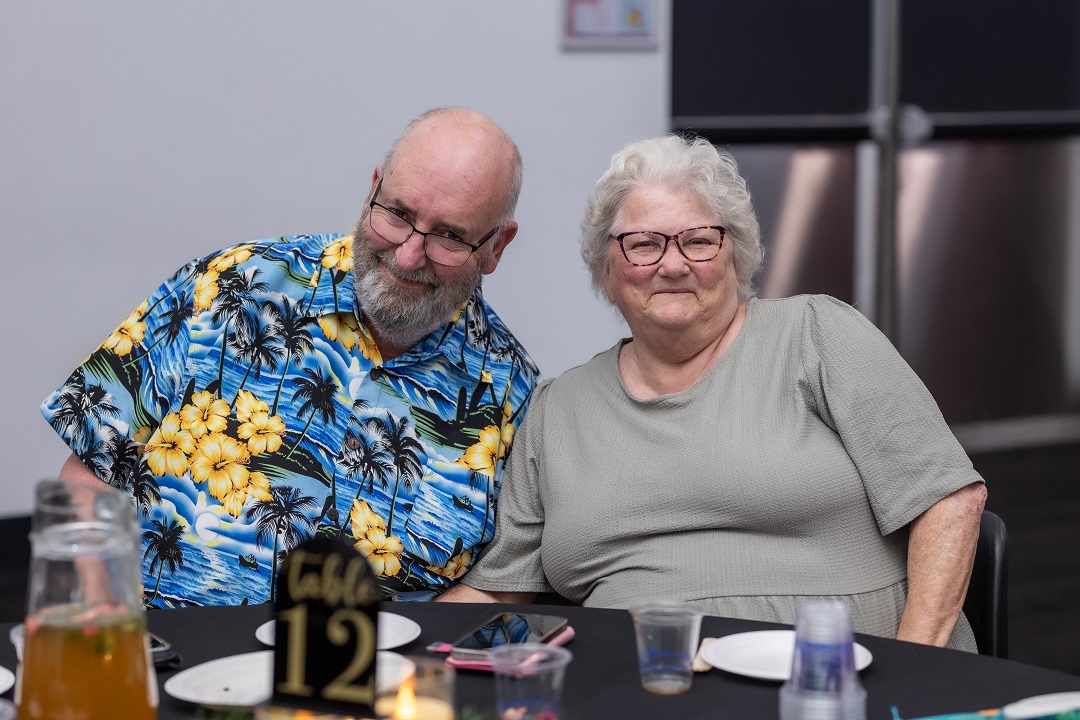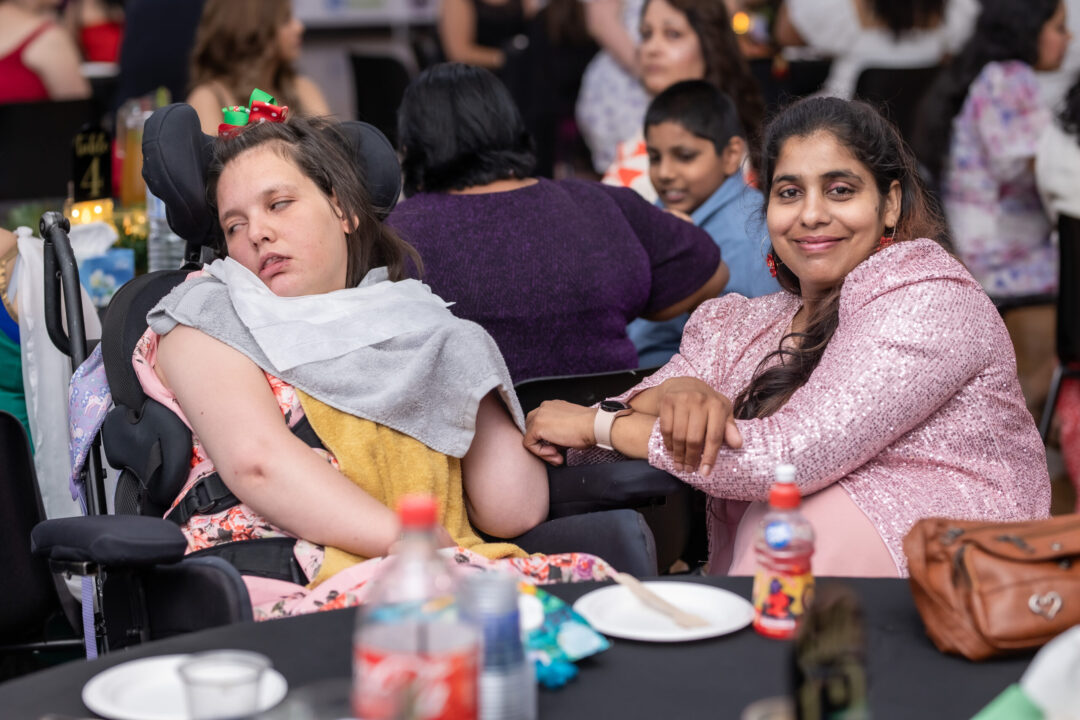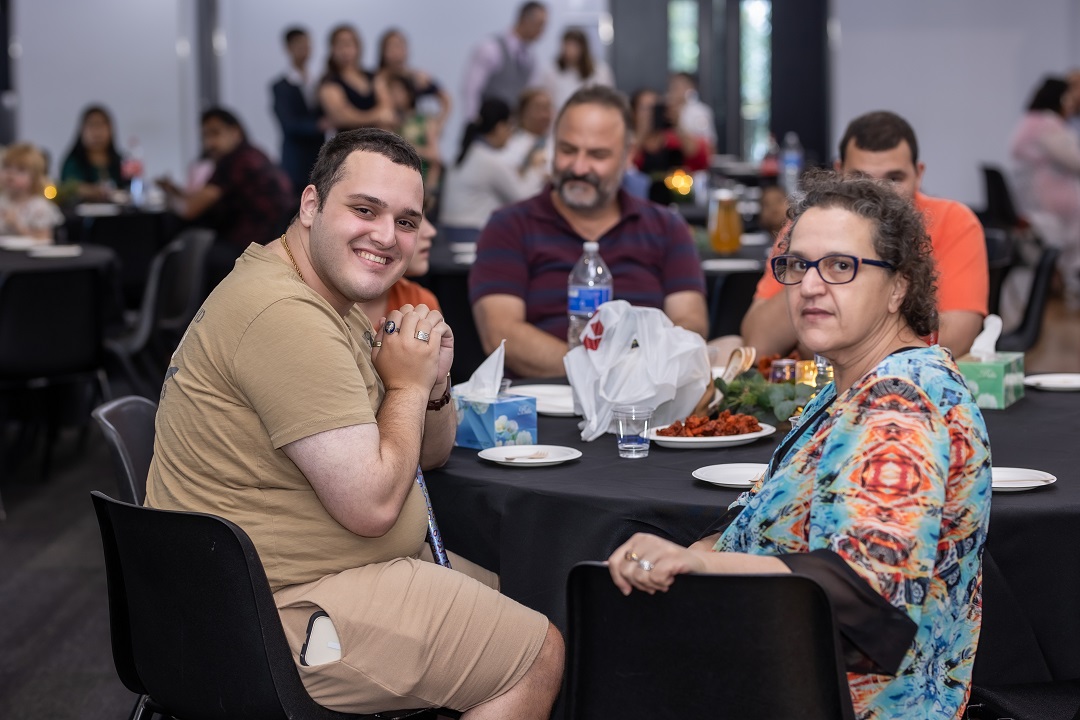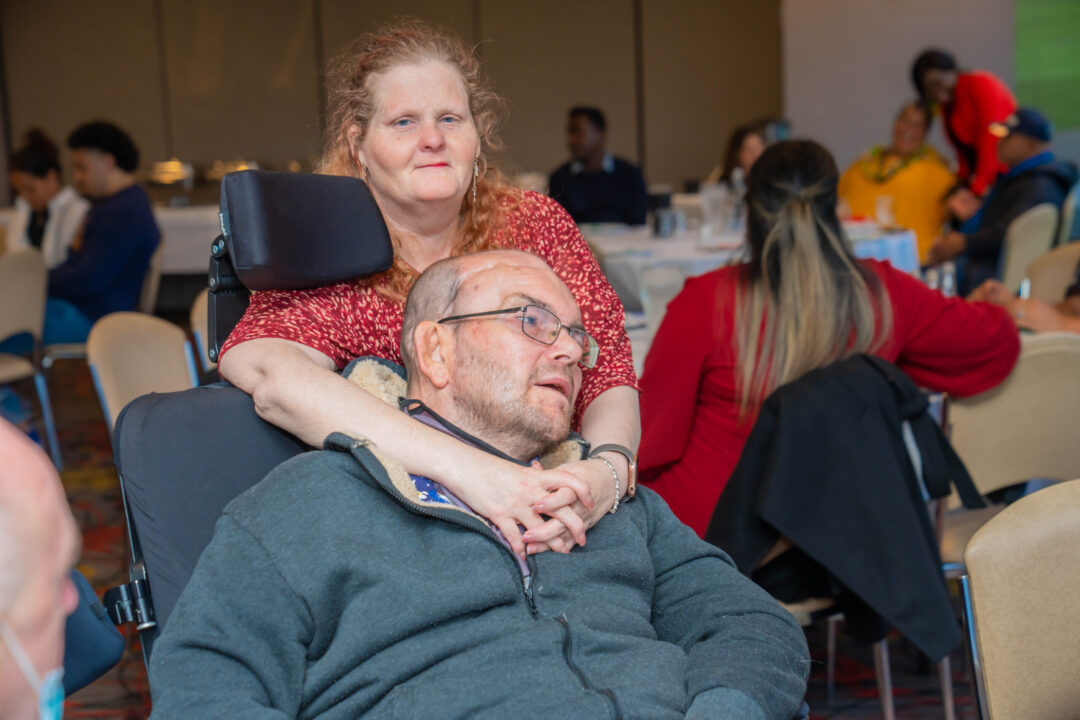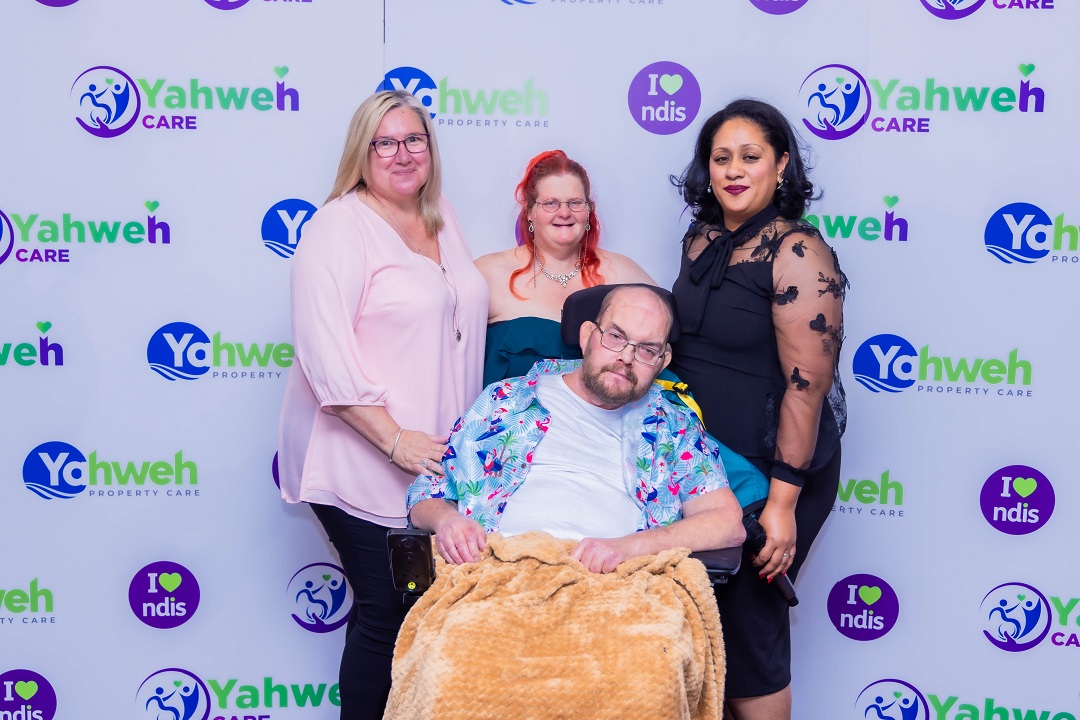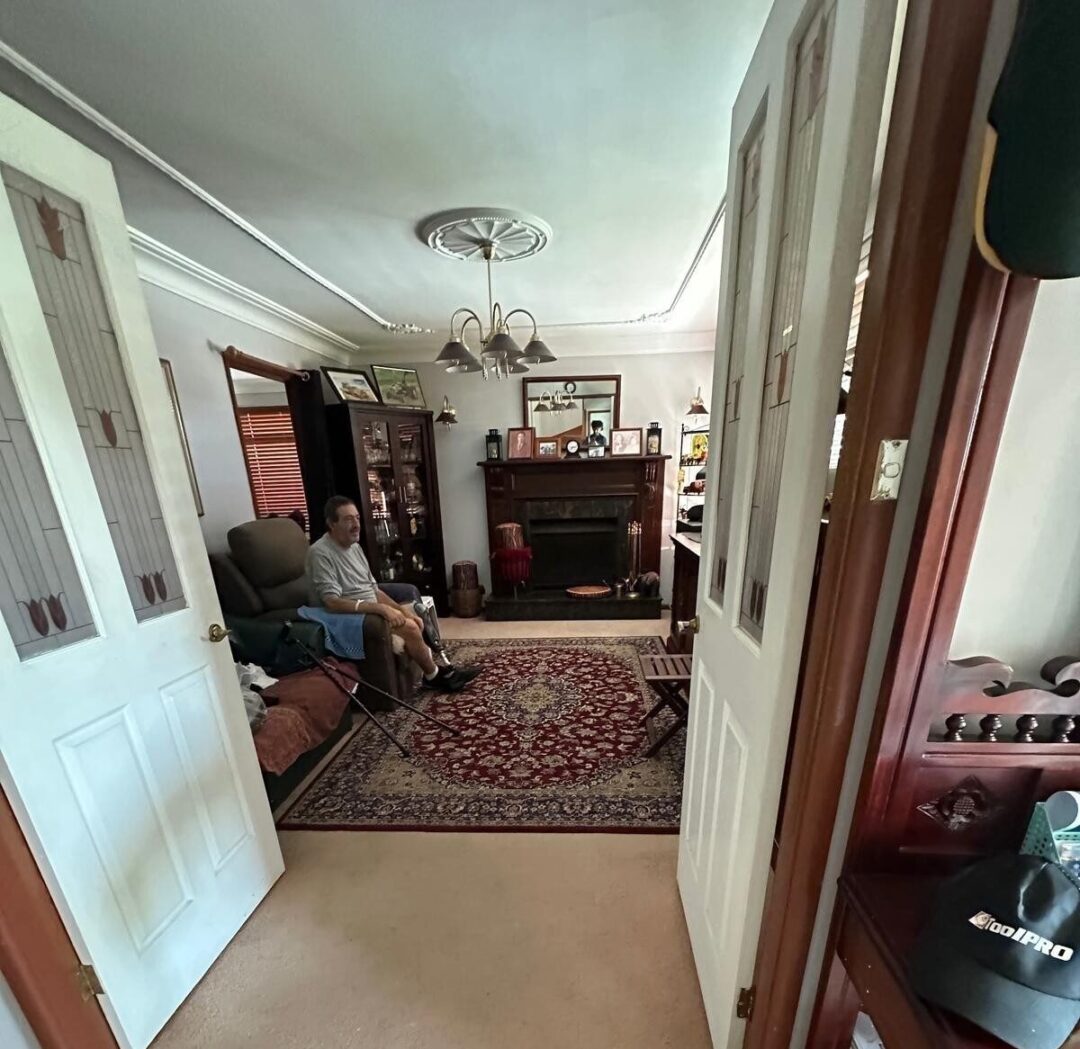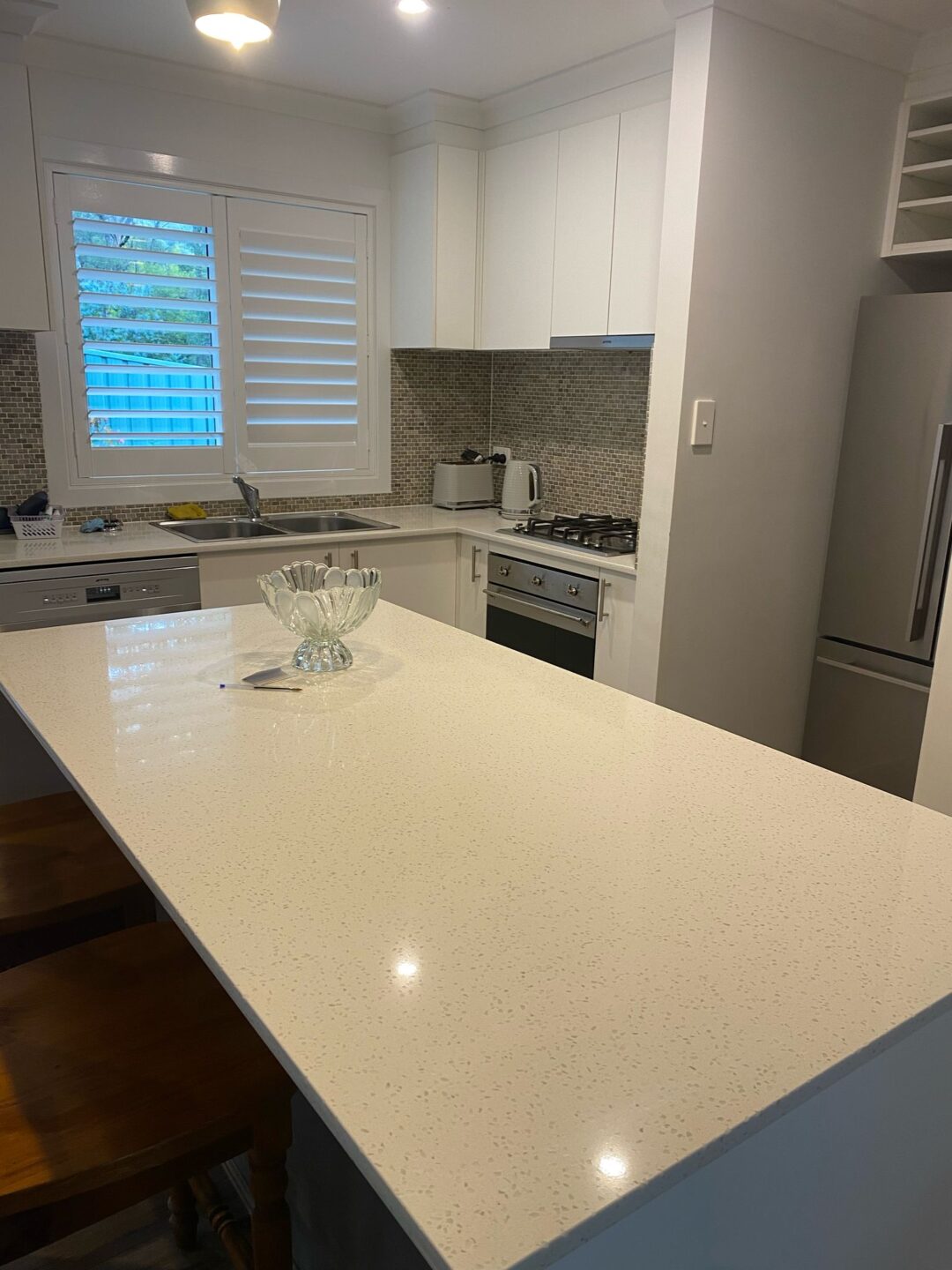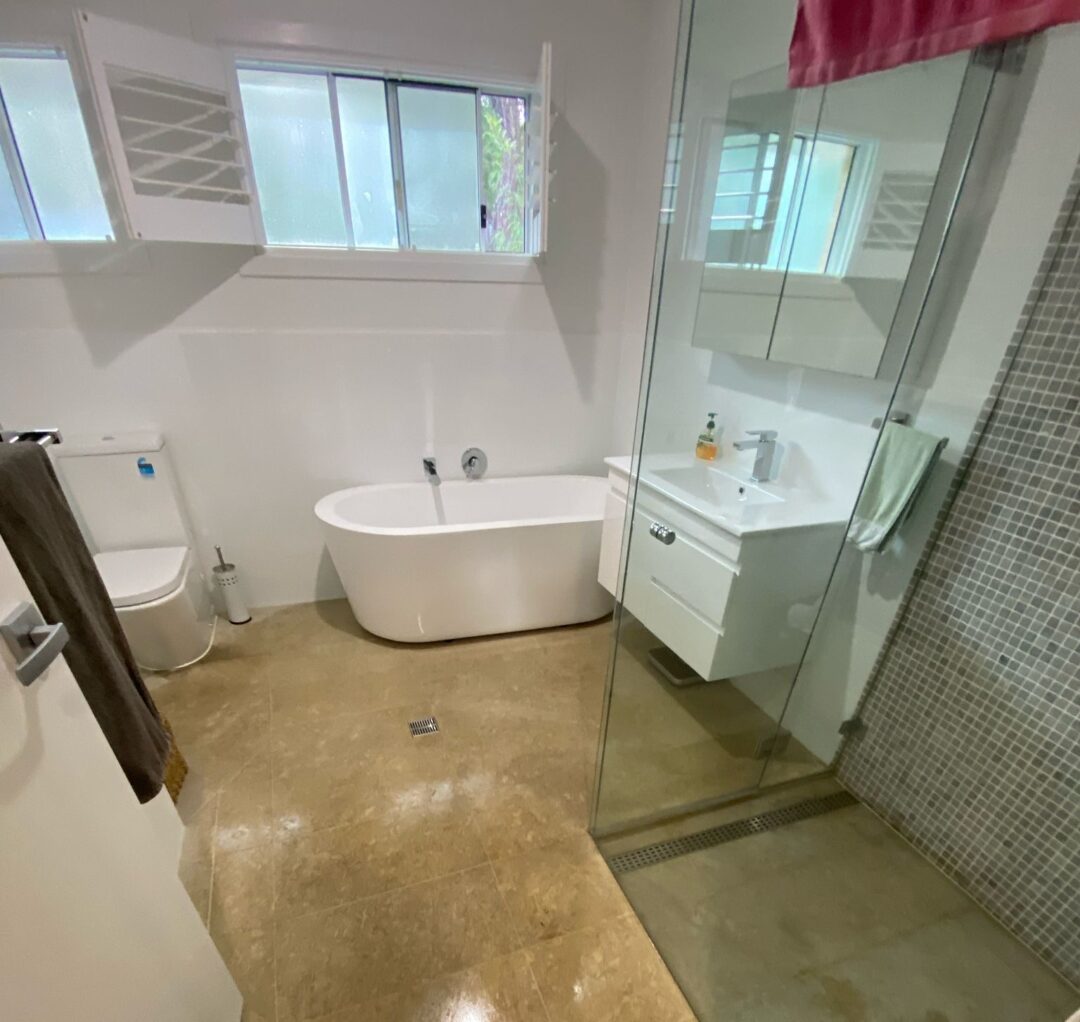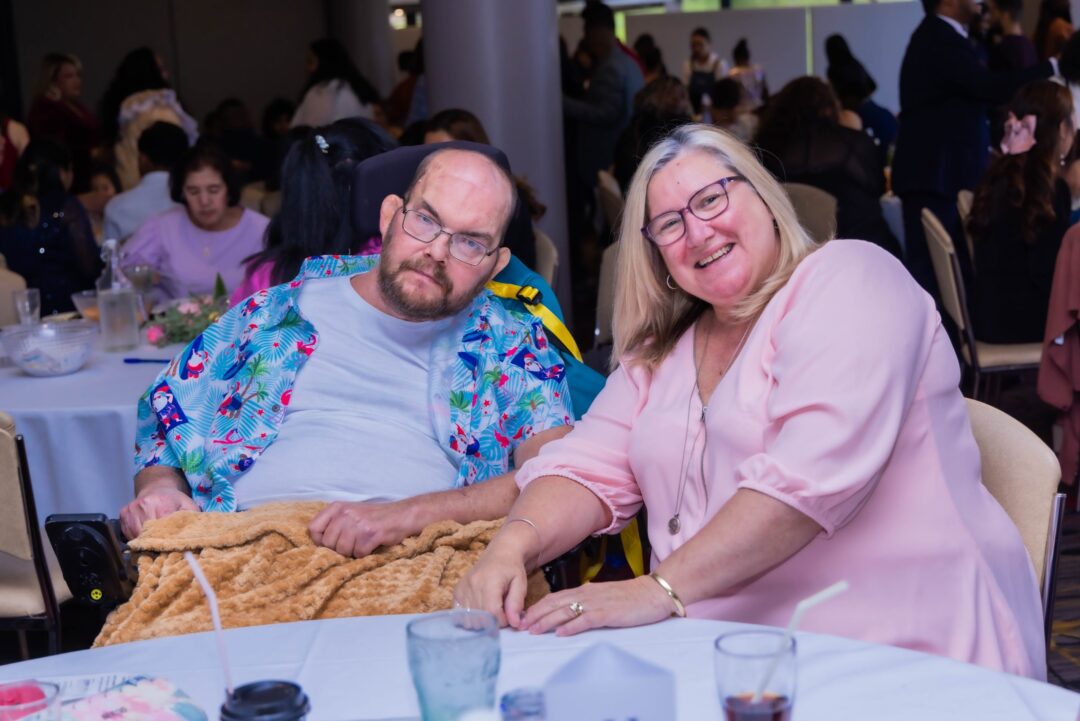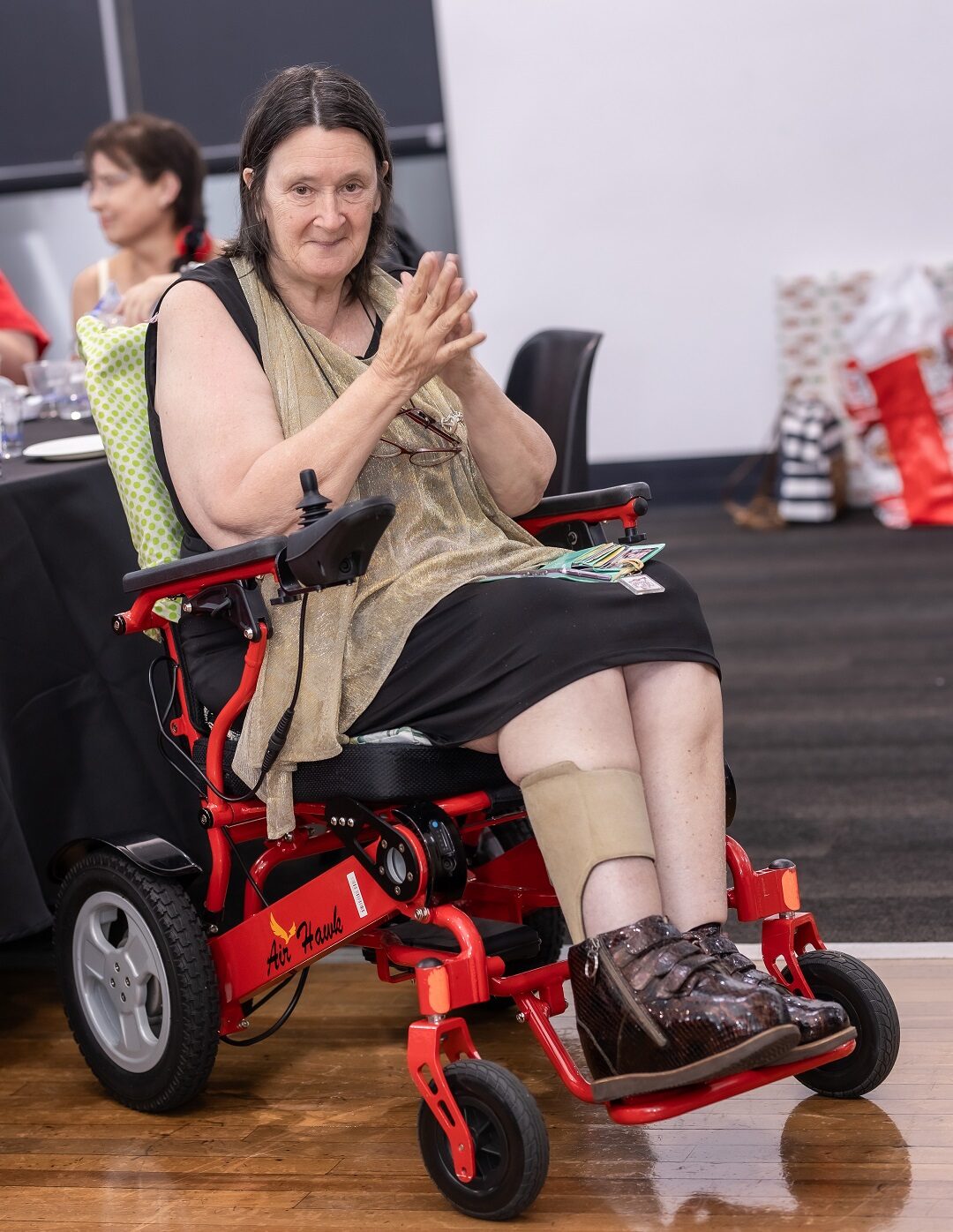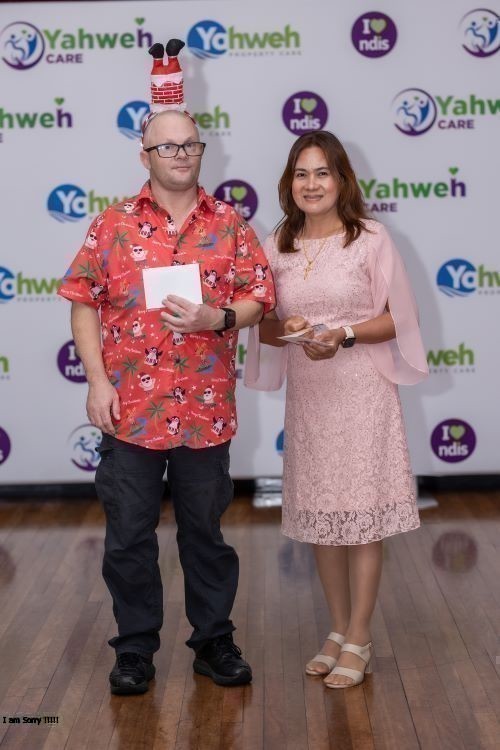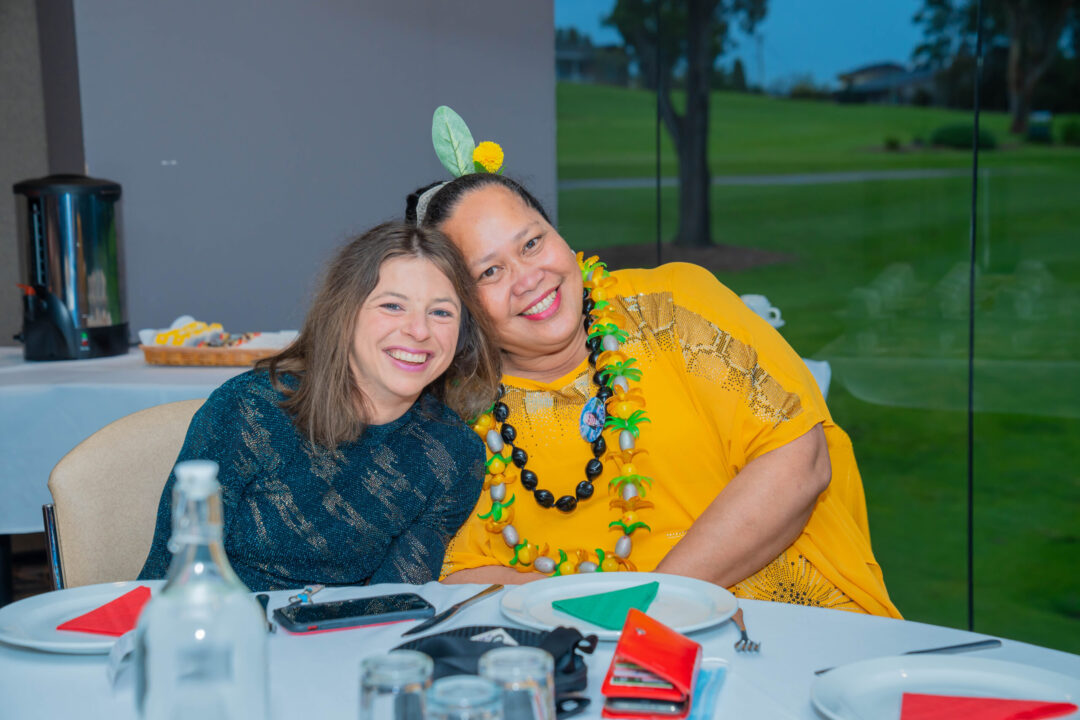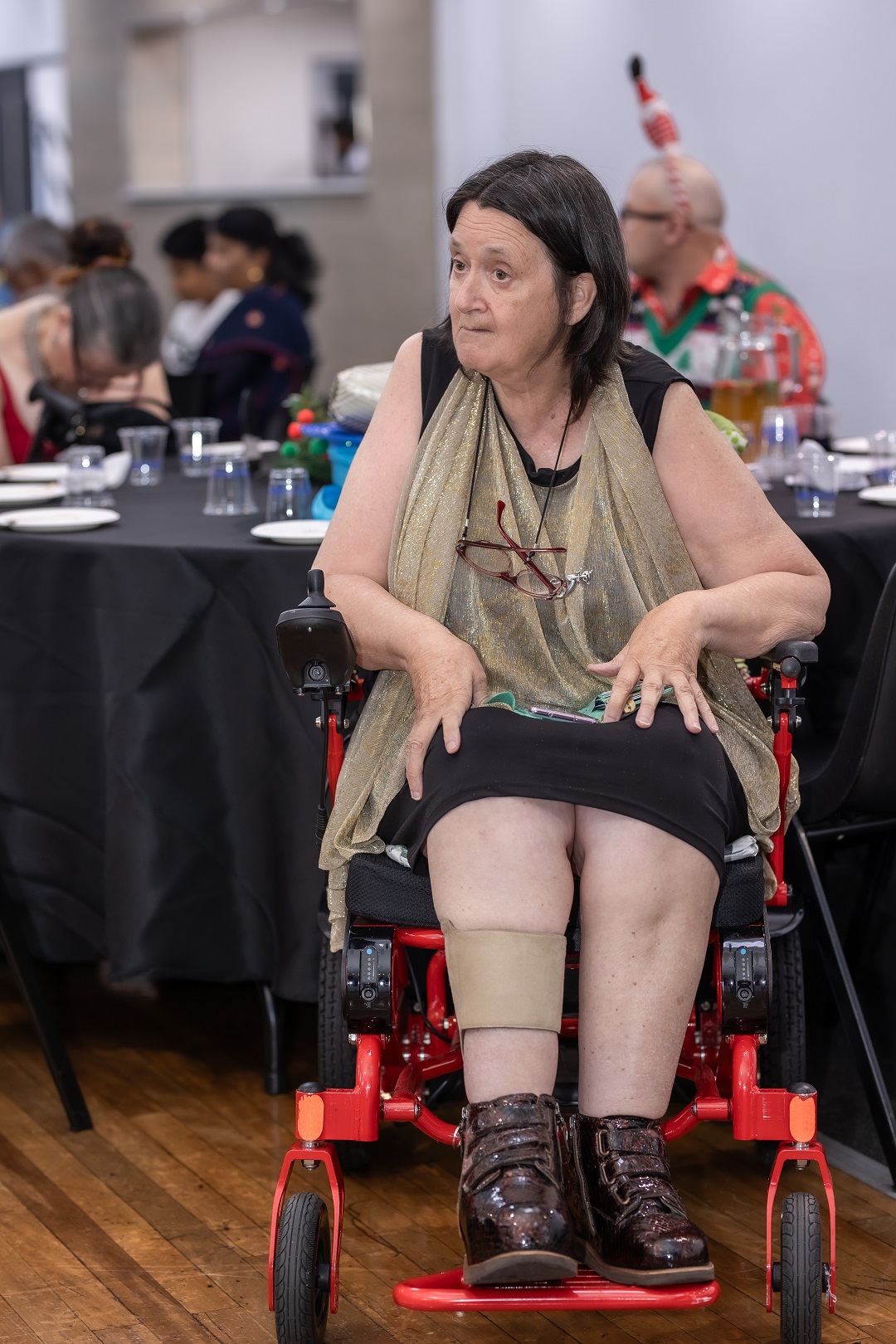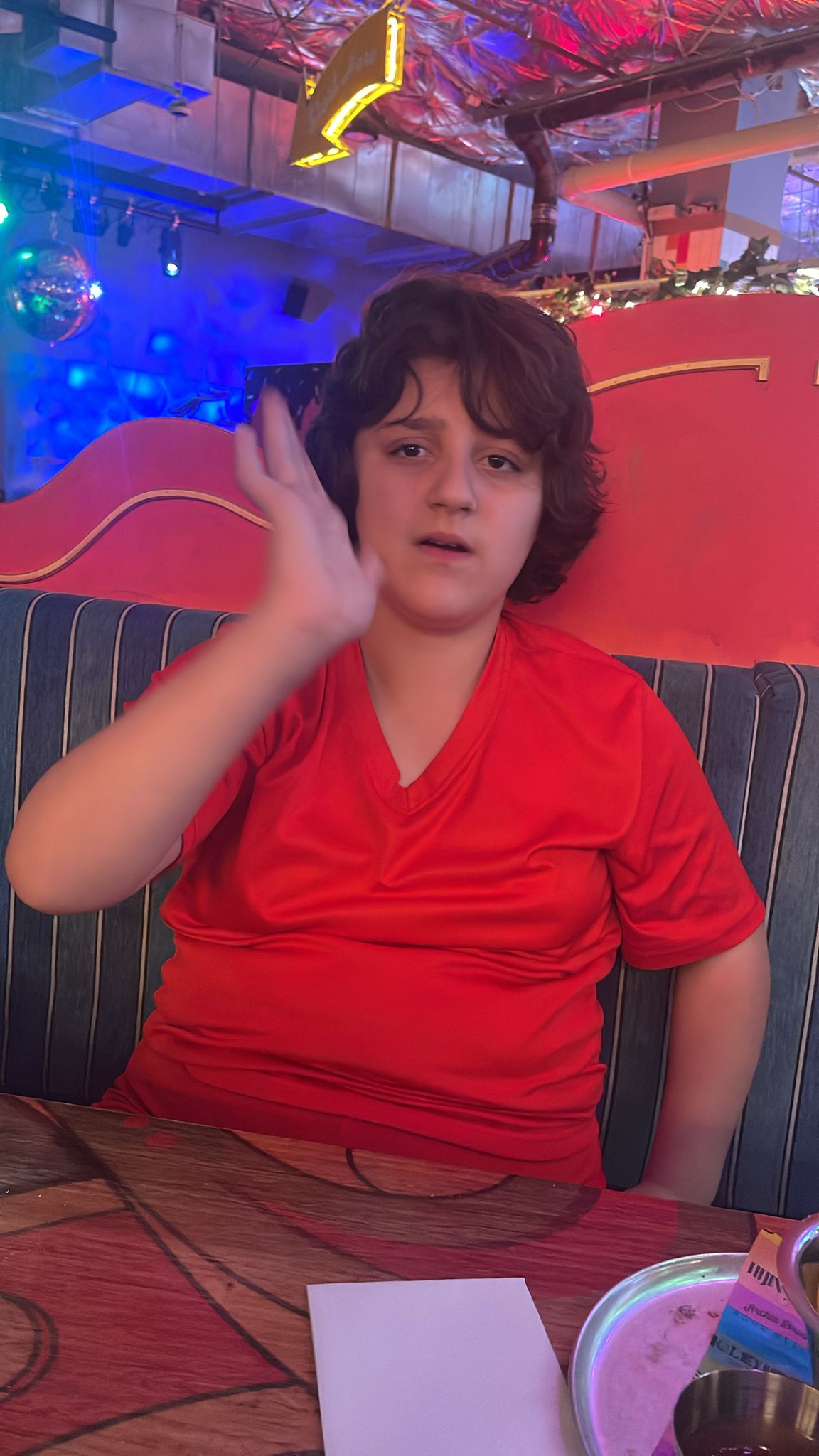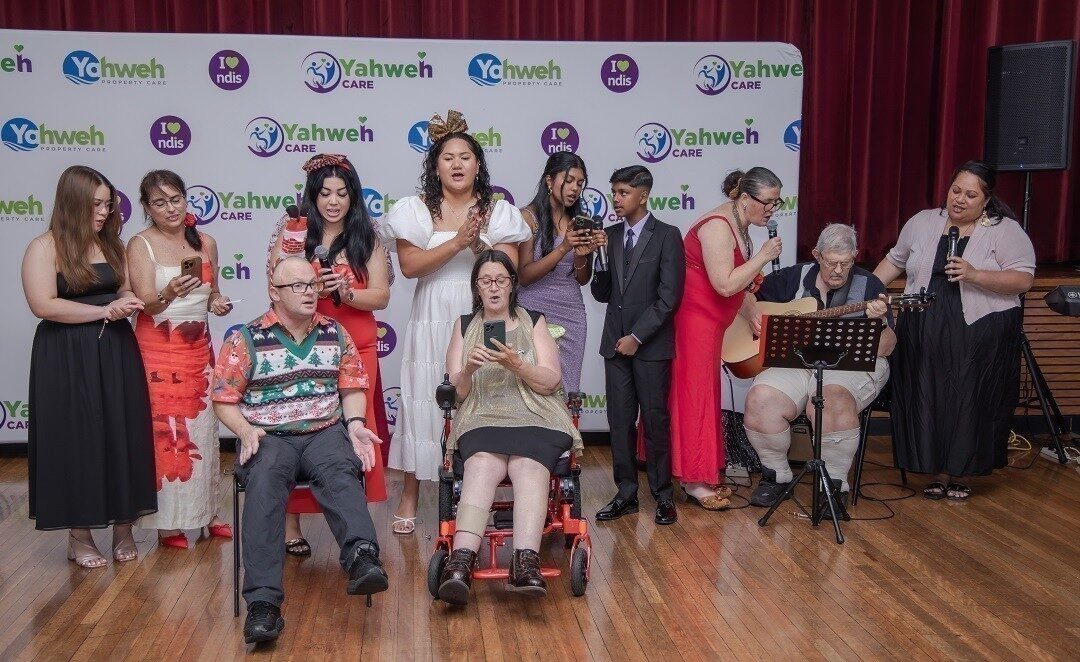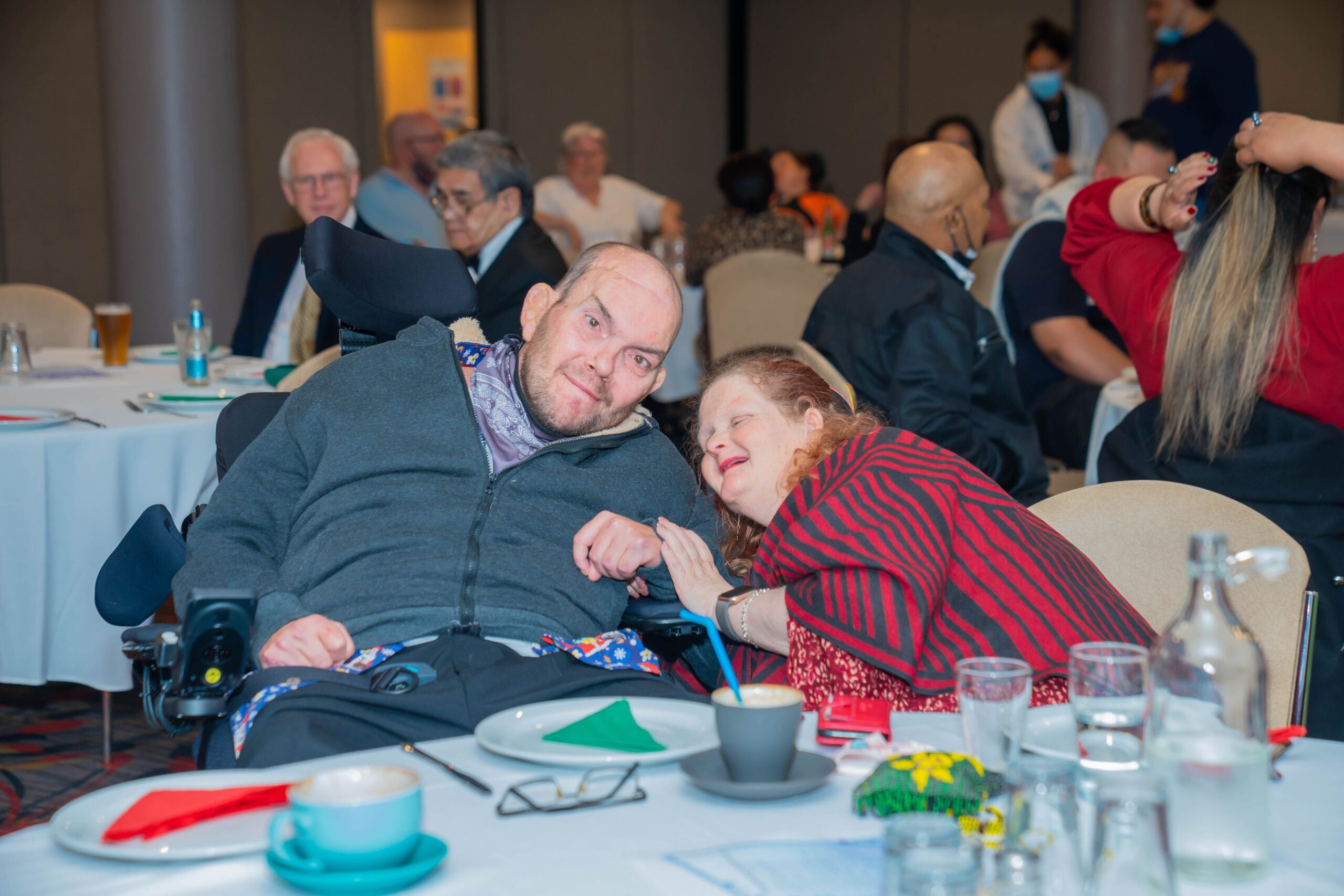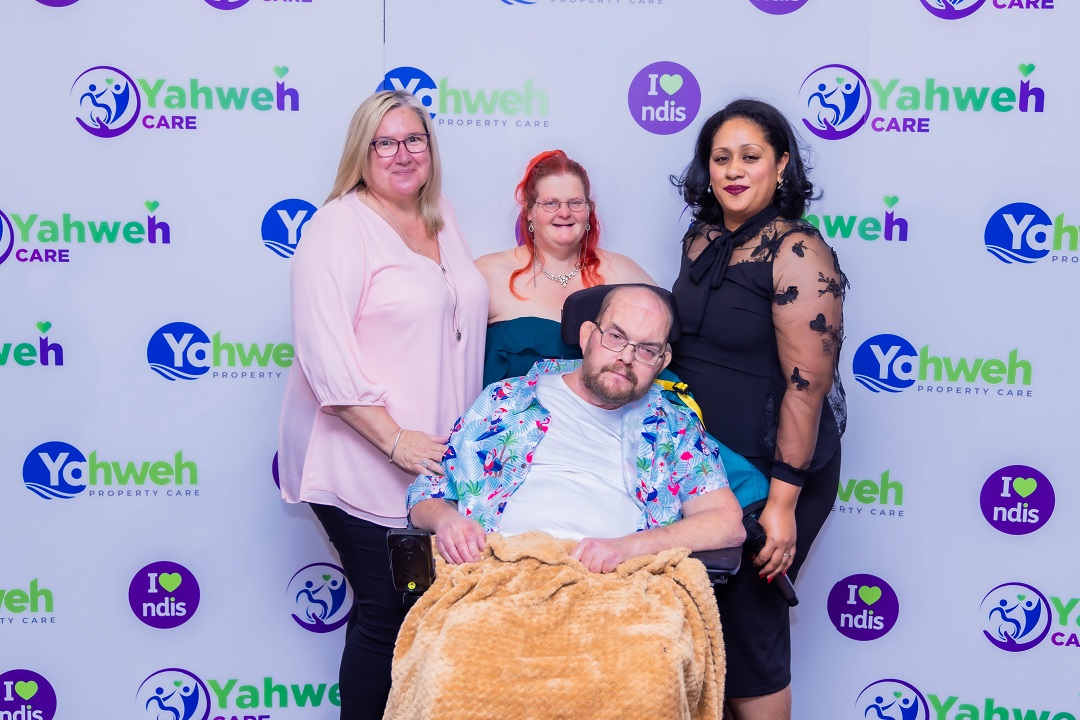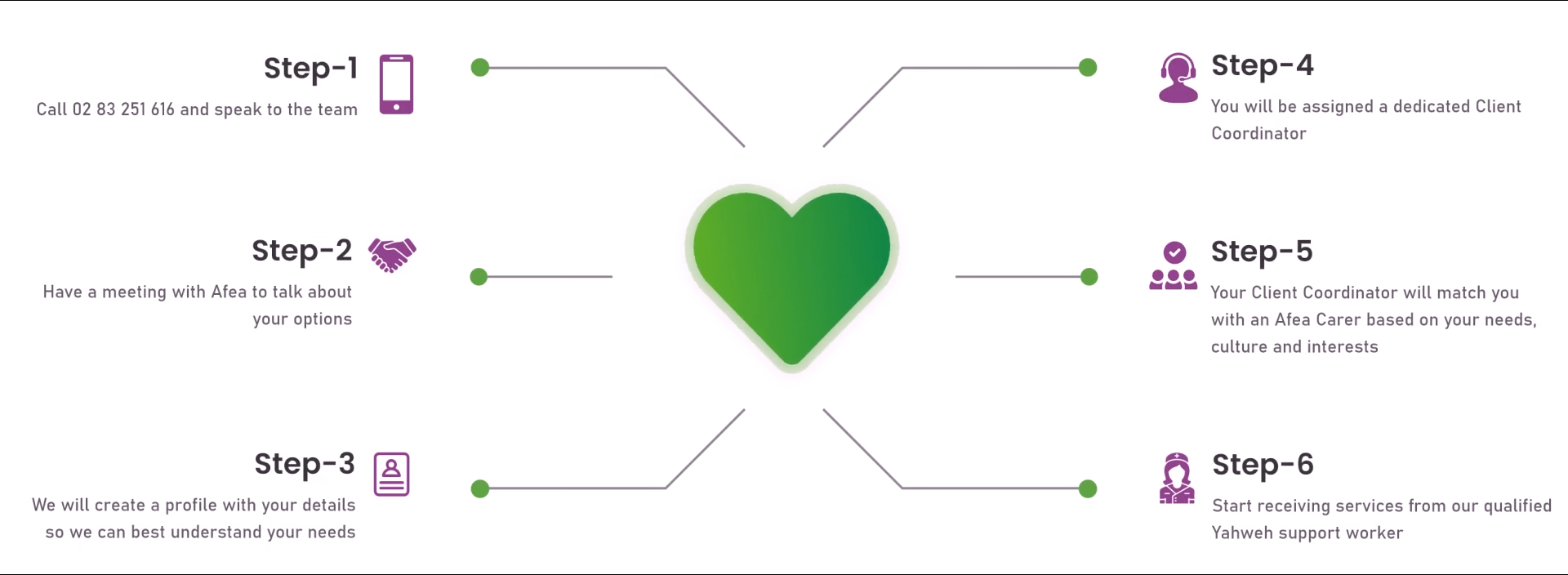NDIS gardening is more than keeping your yard tidy. For NDIS participants, it supports health, independence, and everyday comfort. If you’re eligible for support, garden maintenance tasks can be part of your funded core supports, budget friendly services.
Here’s how gardening tasks make a real difference and assist you in daily life.
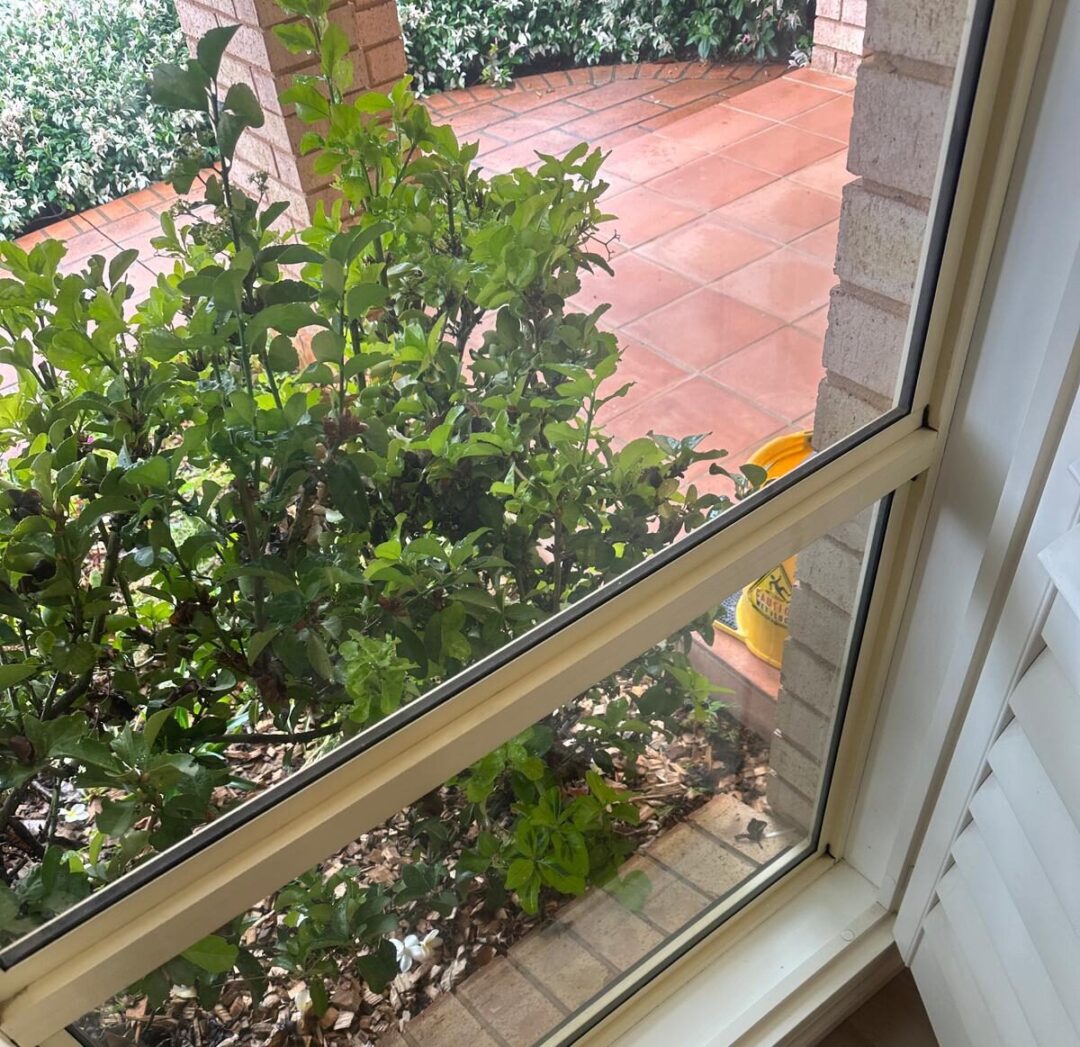
Gardening Support Keeps Your Outdoor Areas Safe
A cluttered yard isn’t just messy. In fact, it can be dangerous.
Overgrown grass, fallen branches, or slippery leaves increase your risk of falls. For someone with mobility issues, that’s a serious concern. National Disability Insurance Scheme (NDIS) gardening services help keep walkways clear and safe so you can move around confidently despite your disability.
As such, you can expect the following:
- No hidden hazards in the grass
- Easier wheelchair or walker access
- Reduced risk of trips or slips
Core Supports Reduce Physical Strain
Garden work can be exhausting, especially if you have a disability, limited strength or chronic pain.
Regular lawn mowing, pruning, and lifting are physically demanding. However, with an NDIS-funded gardener, you don’t have to push your body beyond its limits. Evidently, you can focus on your wellbeing while professionals handle the heavy work.
This helps you avoid:
- Muscle strain
- Fatigue or burnout
- Long recovery times after tasks
- Mental exhaustion
- Stress from gardening tasks
Gardening Maintenance Services Support Mental Health
Significantly, a tidy garden can lift your mood. It’s proven that green outdoor spaces support mental wellbeing.
Therefore, if your garden looks inviting, you’re more likely to step outside. Then, you’ll enjoy getting fresh air and just being in the calm surroundings. As a result, people managing anxiety, depression, or other conditions can benefit. And this is a game changer.
Even just sitting outside in a clean, enjoyable space can boost your mood, lower stress levels, and encourage relaxation.
Helps You Stay Independent
Generally, you don’t need to rely on family or friends to do your yard work.
Using your NDIS pricing arrangements for gardening work means you keep control. Thus, you choose who helps you, when they come, and what they do. Significantly, that freedom adds to your sense of independence.
You’re not waiting for someone to be “free” on the weekend. Instead, you get regular, reliable help that suits your schedule.
Make Space for Outdoor Activities
Do you know that a well-kept yard opens up opportunities?
Clearly, you might want to do gentle exercise outside, enjoy a BBQ with family, or tend to a veggie patch. You can’t do that if your garden is overrun. But with regular maintenance, your outdoor area becomes useful again.
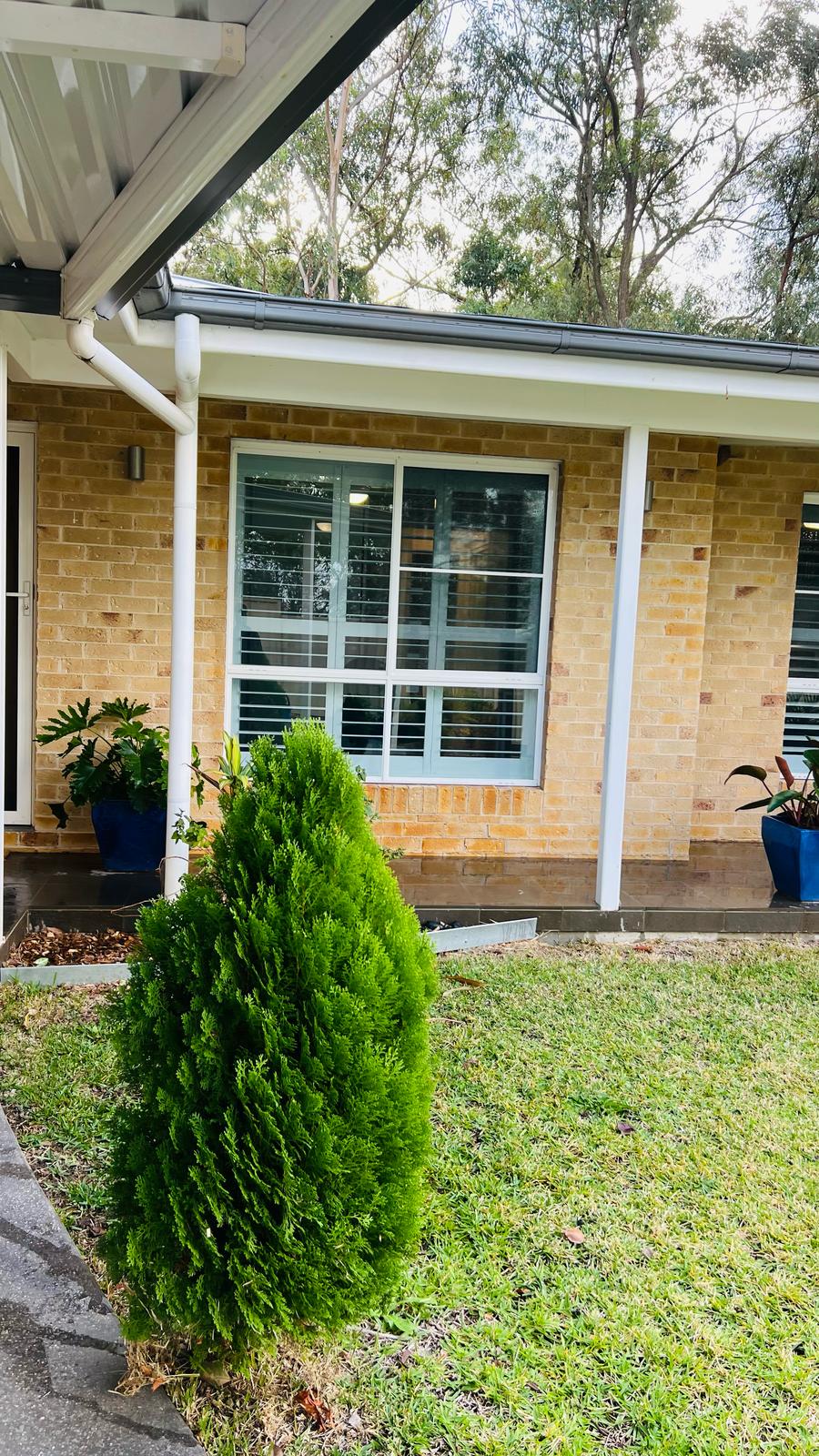
Improves Access to Your Home
Obviously, a clean garden makes it easier to get in and out of your home.
NDIS garden services often include clearing overgrown bushes, trimming hedges, and removing debris. This ensures driveways and entrances stay accessible, especially for wheelchairs or mobility aids.
This is absolutely crucial if you use transport services or have frequent visitors. Because of this, you get support for your social connection, movement, and recreation goals.
Supports Better Hygiene and Health
Obviously, unkempt gardens can attract pests.
Having said that, tall grass and rotting plants can attract rodents, insects, and even snakes. These aren’t just annoying; they’re health risks. Therefore, you need regular garden maintenance to keep these problems away.
A clean garden also reduces allergens like pollen and mould, which is especially important for people who are sensitive or have respiratory conditions.
Gardening Services Reduce Stress for Carers
If you’re a carer, yard work can add to an already full plate.
NDIS gardening services take one more task off your list. That way, you can focus on the participant’s care and your own wellbeing. In addition, less time pulling weeds means more time for rest or quality moments together.
Customised to Your Gardening Needs
Every NDIS participant has different challenges.
Some may need help every week, and others just once a month. Hence, there are services tailored to your specific needs and capacity. You decide what works for your routine, abilities, and goals.
This flexibility makes it easy to fit into your plan.
Garden Maintenance Supports Your Living Goals
NDIS plans are built around your goals. So, if one of your goals is “to live independently at home” or “stay active in daily life,” gardening services may directly support that.
Moreover, keeping your yard clean and safe helps you reach those goals without risking your health.
When your home is looked after, everything else becomes easier.
Examples of NDIS-Funded Gardening Services
A service provider also helps with raised garden beds or simple outdoor modifications for accessibility. So, check with your support coordinator or disability support workers. Depending on your plan, you might be able to access services like:
- Lawn care mowing
- Rubbish removal (garden waste)
- Hedge trimming
- Pruning trees or bushes
- Weed removal
- Leaf clearing
- Basic garden clean-ups
How to Access Gardening Through NDIS
Not all plans include it automatically. However, you can request it.
Gardening is typically covered under “Assistance with Daily Living” or “Core Supports.” Furthermore, it needs to relate to your disability and goals. Keep records of any hazards or difficulties you’ve had managing your garden. This helps justify the need.
Here’s how to go about it:
- Talk to your Support Coordinator or Local Area Coordinator (LAC).
- Explain how gardening affects your safety, access, or independence.
- Make sure it’s documented in your plan or reviewed at your next planning meeting.

Choosing the Right Gardening Provider
Not all gardening services are NDIS-registered, but many still work with participants. Moreover, depending on how your plan is managed (agency, plan-managed, or self-managed), you can use a registered provider or hire someone privately.
Look for someone who:
- Understands accessibility needs
- Is reliable and respectful
- Offers tailored plans (weekly, fortnightly, etc.)
- Can work around your mobility and schedule
Final Thoughts
You deserve a home that feels safe, welcoming, and easy to enjoy. Thus, a clean garden isn’t just about looks. Evidently, it’s about dignity, independence, and living the life you want.
Of course, NDIS gardening services make that possible. They reduce risk, boost your mood, and free up your energy for what matters most. If you find it hard to manage your yard, know that help is available.
Contact Yahweh Care so they can adjust your NDIS plan and include garden maintenance. Their experienced team can also recommend the best professional service, such as Yahweh Property Care.

